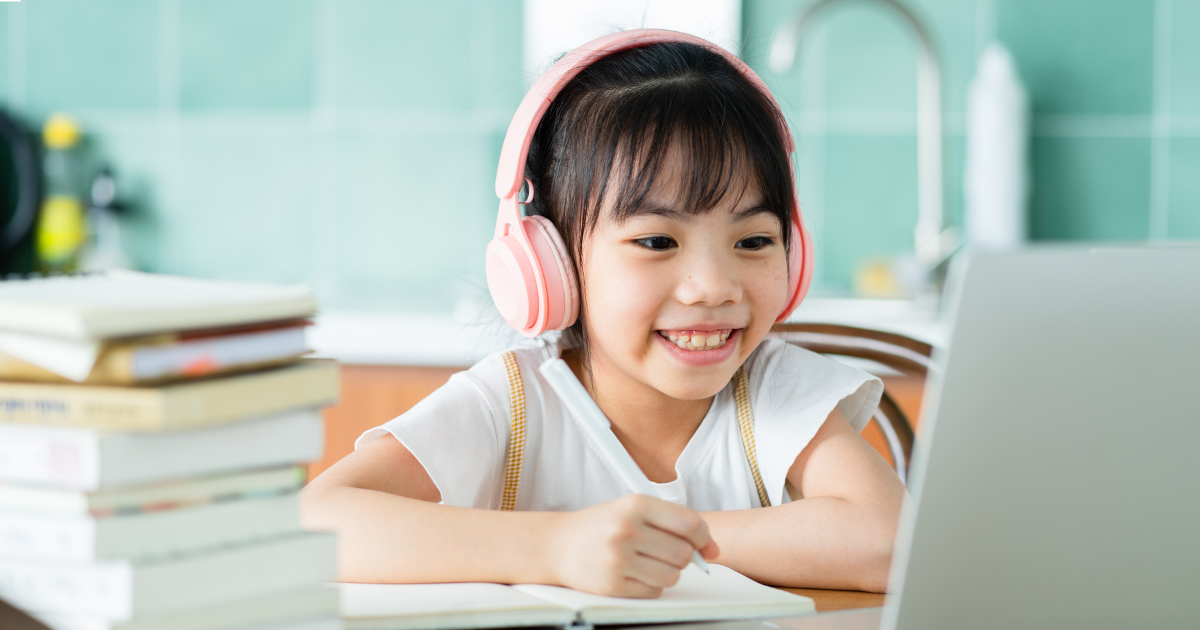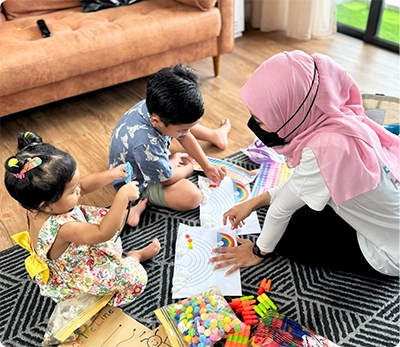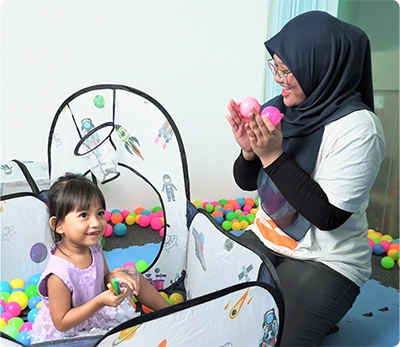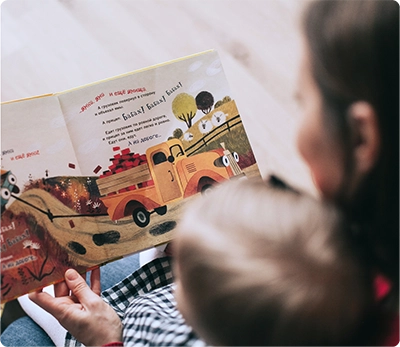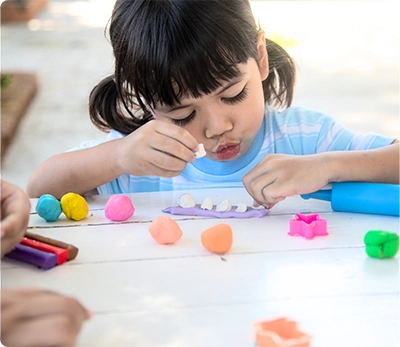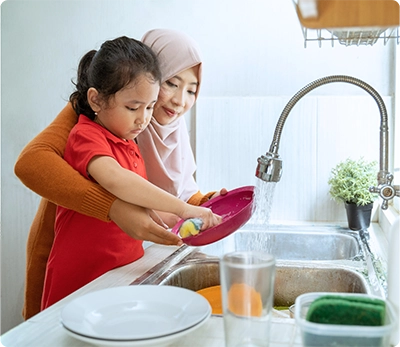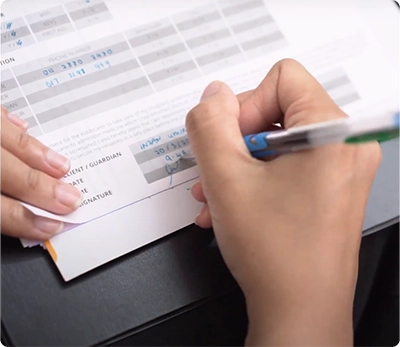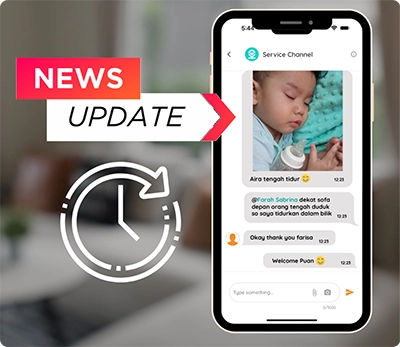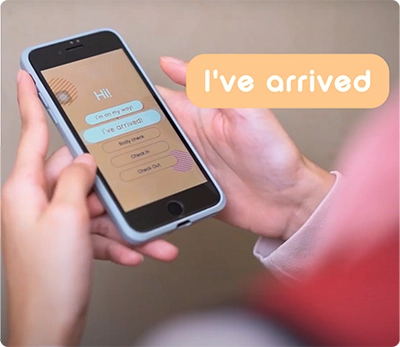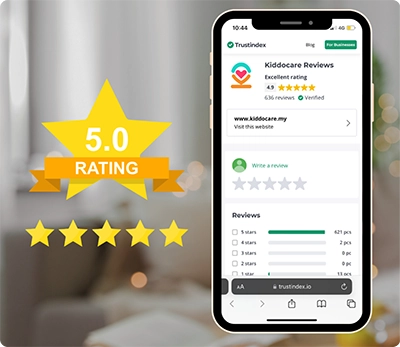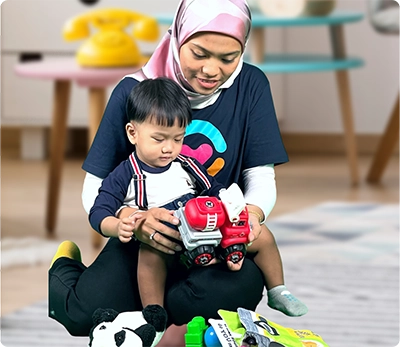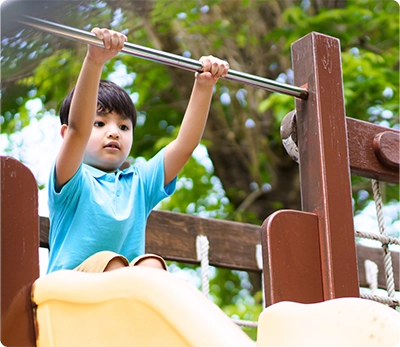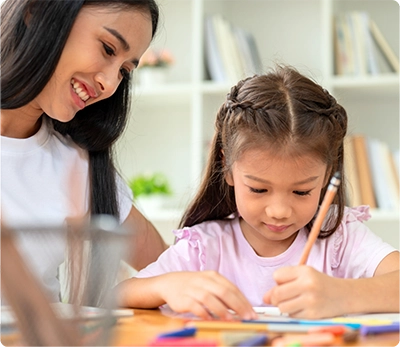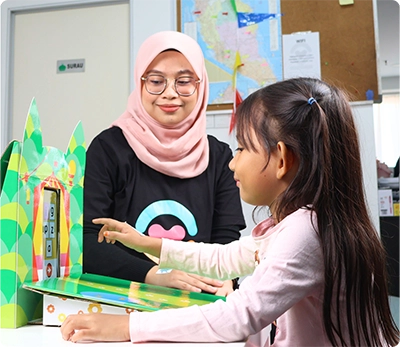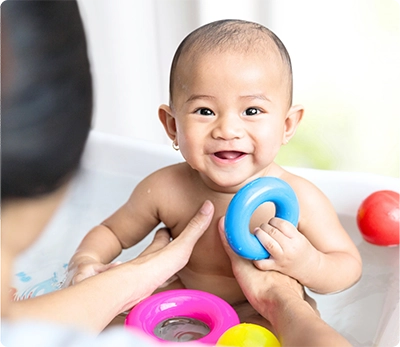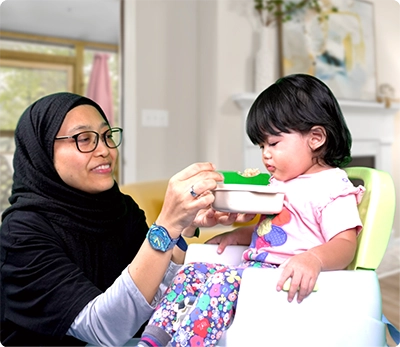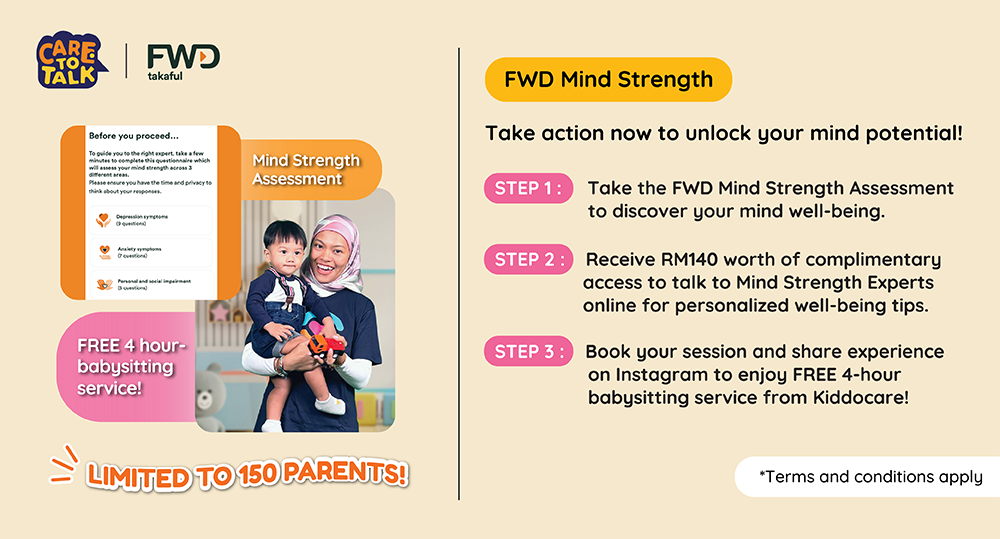From Chalkboards to Tablets:
How Schools Have Evolved for the Digital Generation?

Over the past few decades, there has been a significant change in the education system and learning. The way kids learn now is very different from how we learnt in the past. As parents, you must understand these changes and assist your kids in adjusting to this new educational environment because this evolution has given both opportunities as well as challenges.
In this post, let’s look at some of the key changes in current education and learning and how we as parents can help our children to adapt.
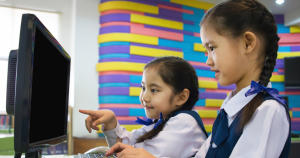
The Rise of Digital Learning
One of the most significant changes in modern education is the integration of technology. From interactive whiteboards to tablets and online learning platforms, technology has become an essential tool in the classroom. It has transformed the way students access information, collaborate on projects, and engage with their studies.
With an unlimited amount of knowledge and information available at their fingertips and the ability to learn at their own pace, this change has made it possible for students to have more individualised and flexible learning experiences.
These days, a teacher may present a lesson on a smartboard and students interact with the material, take notes, and finish tasks using tablets. Teachers and students can communicate easily with online platforms such as Google Classroom, which facilitates resource sharing, assignment submission, and real-time feedback.
However, there are drawbacks to the increased use of technology in the classroom. There is room for distraction, and not all students have access to these materials equally because of the digital divide. Setting clear rules for technology use at home, ensuring that your kids use educational applications and websites, and keeping an eye on screen time to maintain a healthy balance are all ways you can support your children.
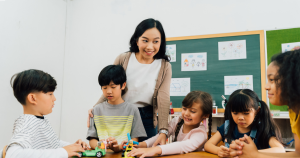
More Collaborative Learning
Today’s education includes collaborative learning as a fundamental element. Students are frequently urged to collaborate on assignments, exchange ideas, and gain knowledge from one another.
For instance, in a group project, students may be given diverse tasks to play, such as writer, researcher, or presenter. To effectively finish the assignment, they must work together and take advantage of each other’s skills. In addition to fostering their ability to operate as a team, this exposes kids to a variety of viewpoints and methods for solving problems.
To encourage collaborative learning, you should encourage your kids to engage in group activities both within and outside of the classroom. This can include enrolling them on sports teams, clubs, or community organisations where they can socialise with their peers.
Adjusting To Rapid Change
Education today is changing faster than ever before. New lessons, teaching methods, and technologies are constantly being introduced, which can be exciting but also a bit overwhelming for both parents and children.
So, how can parents help?
First, it’s important to stay informed. Keep up with what’s new in education by reading, attending school meetings, or talking to your child’s teachers. This will help you understand what your child is learning and how you can support them.
Second, be adaptable. The way kids learn now is different from when we were in school. It is okay to try new methods or tools to see what works best for your child. Flexibility is key in helping your child succeed in today’s fast-changing education system.

Critical Thinking and Problem Solving
The current educational system emphasises critical thinking and problem-solving abilities heavily. Students are urged to do more than just memorise numbers and facts, instead, they should analyse data, use their imaginations, and solve challenging challenges.
In a science lesson, for instance, students would not merely learn about scientific principles in a textbook. They might do experiments, gather data, and develop hypotheses. Similarly, students may be invited to discuss opposing viewpoints on a historical event in a history lesson, which encourages them to express critical thought.
Students who are taught to think critically are more equipped to face the demands of the future world, where the capacity for independent thought and information analysis is highly valued. To help your children develop these abilities, you should encourage them to ask questions, participate in conversations about current affairs with them or simply by playing puzzles or any strategy games. This is not only such a fun activity, but it can also offer a great bonding time as a family.
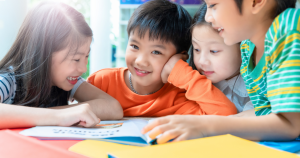
Inclusive Education
Schools today are working hard to make sure every child feels welcome and can do well, no matter their abilities, background, or needs. This means teachers are using different ways to teach so that all kids can learn in a way that works best for them. They also make sure that students who need extra help get the support they need.
Talk to your child’s teachers and the school if you think your child needs extra help or special tools to learn better. Make sure they get the support they need to do their best.
Besides that, help your child understand that everyone is unique. Encourage them to be kind and respectful to others, even if they are different. This helps them grow up with an open mind and a caring heart.
As education continues to transform, the role of parents becomes increasingly vital in guiding their children through these changes.

Conclusion
Your role as a parent is becoming progressively important to keep up with the evolution of education and learning. Your responsibility has grown beyond making sure your children do their homework and do well on examinations, thanks to new teaching techniques, technology, and an increasing emphasis on holistic development.
To close the learning gap between home and school, you need to actively participate in your children’s education. You may help your children navigate the challenges of today’s schooling by being involved and taking the initiative. This will ensure that your kids not only keep up with these changes but also succeed and develop into well-rounded adults.

